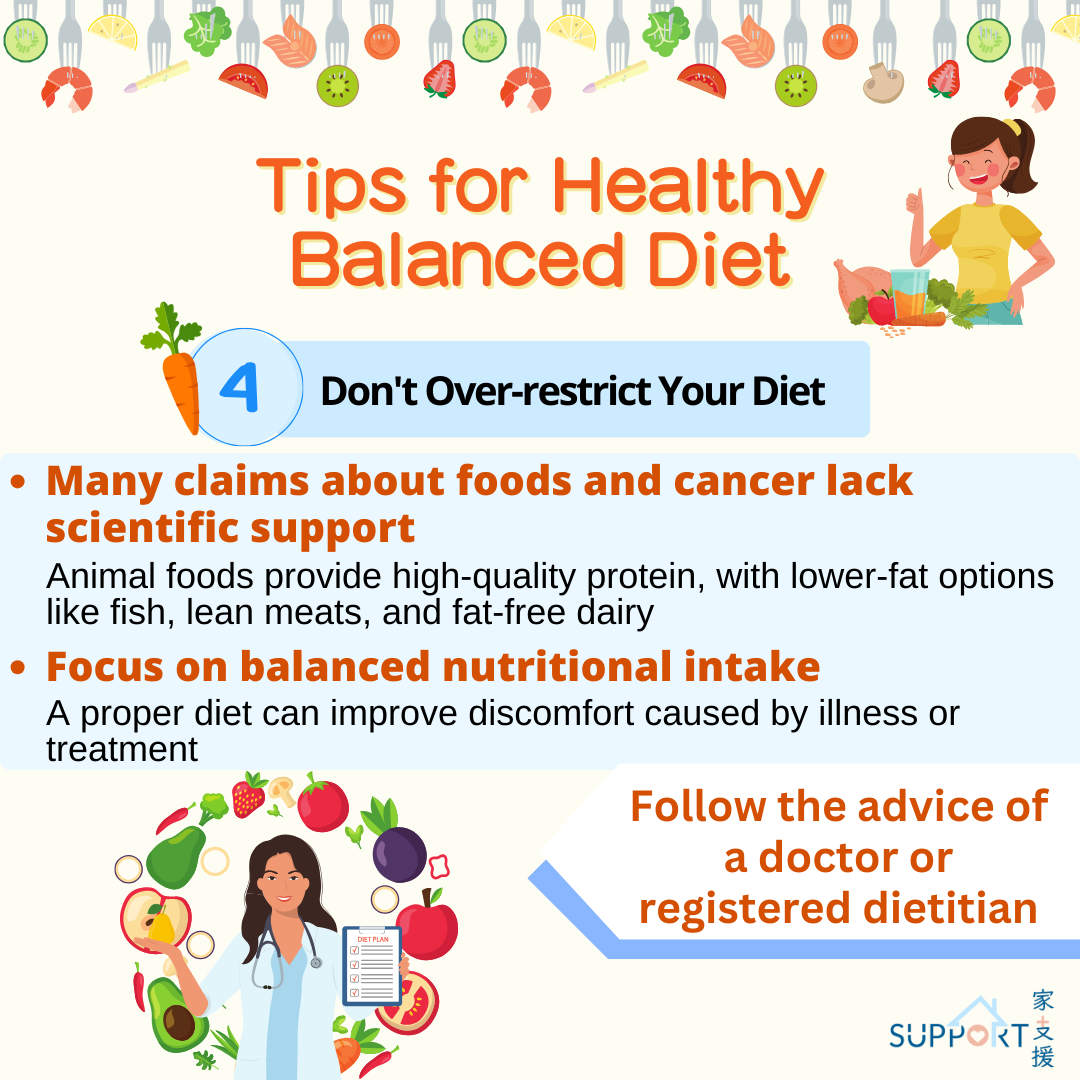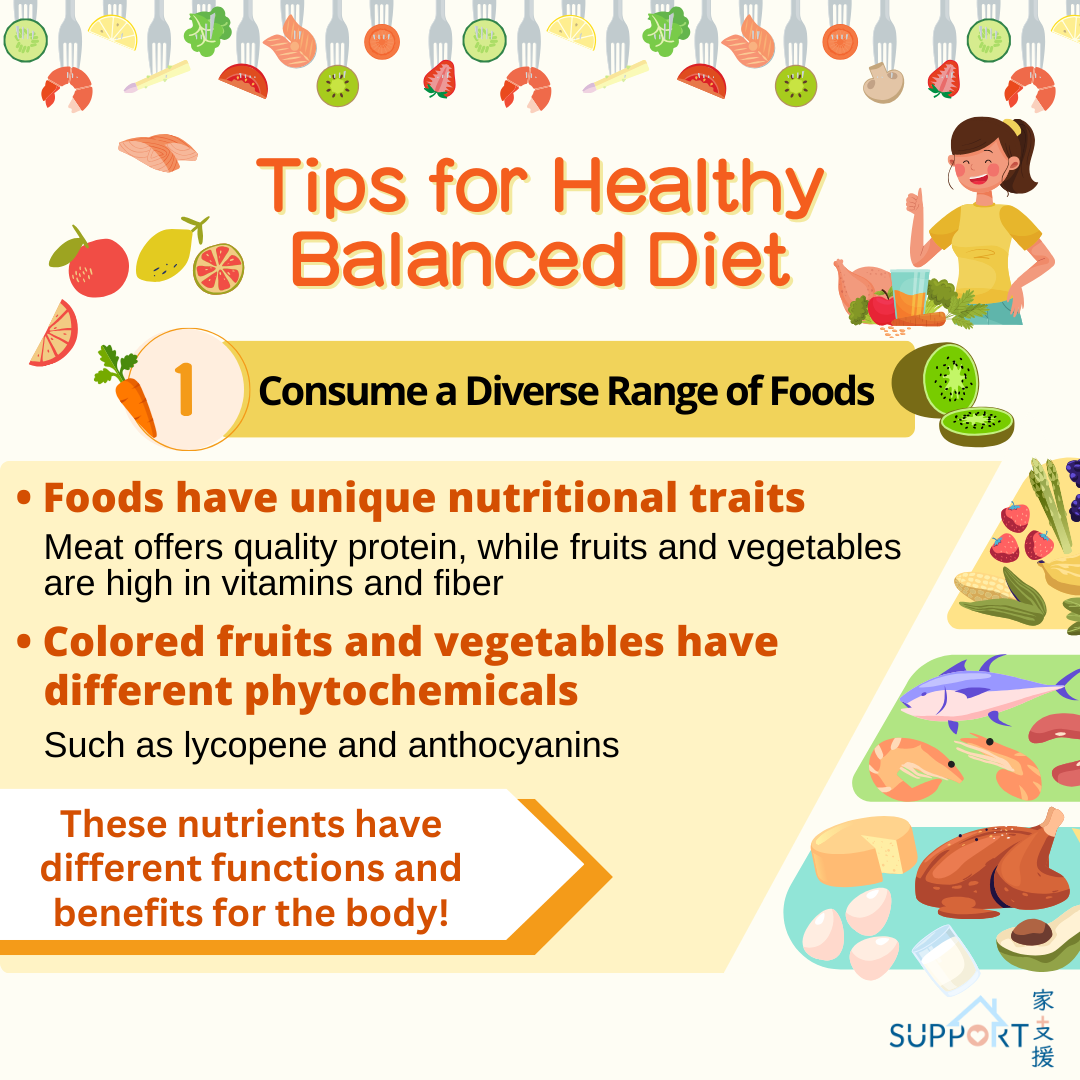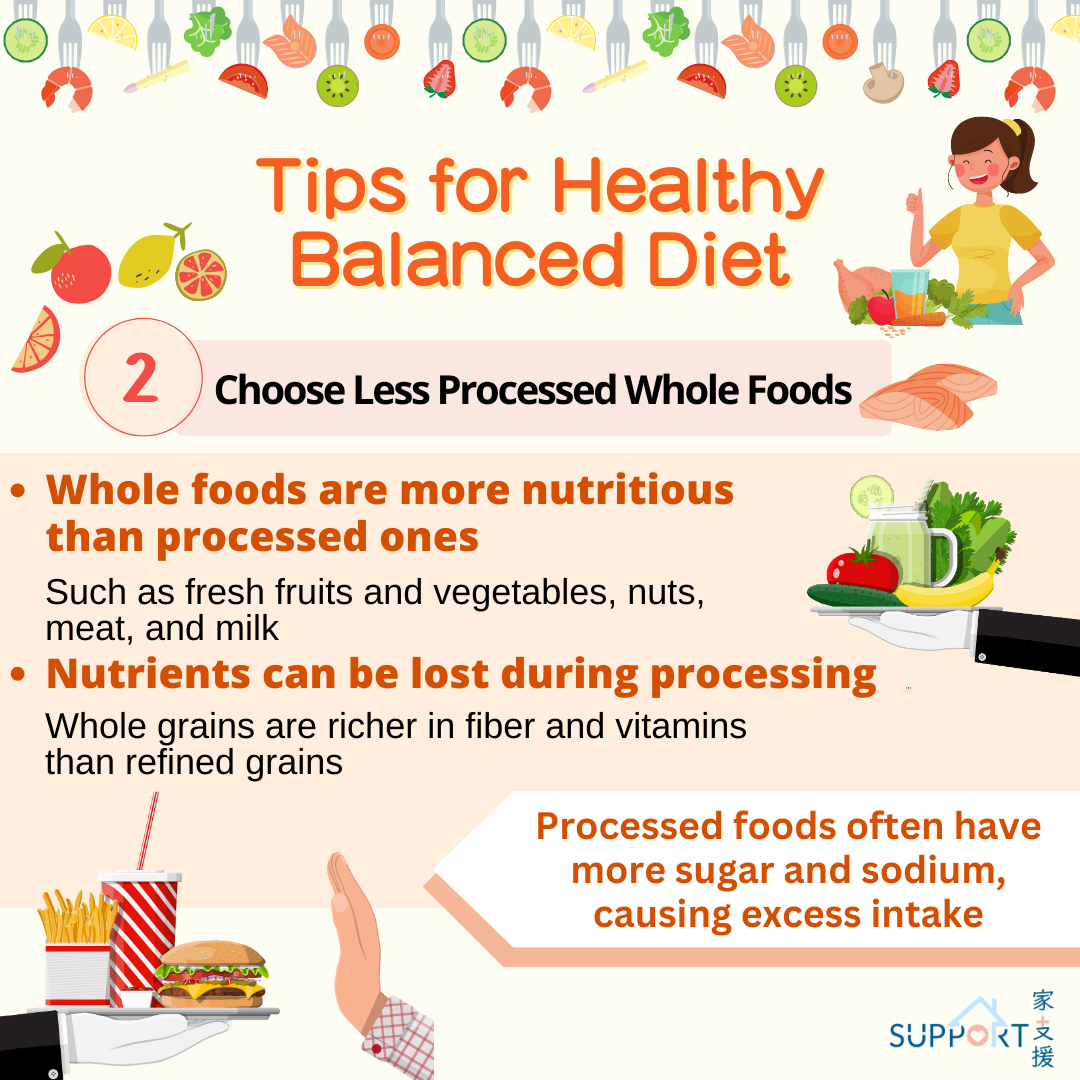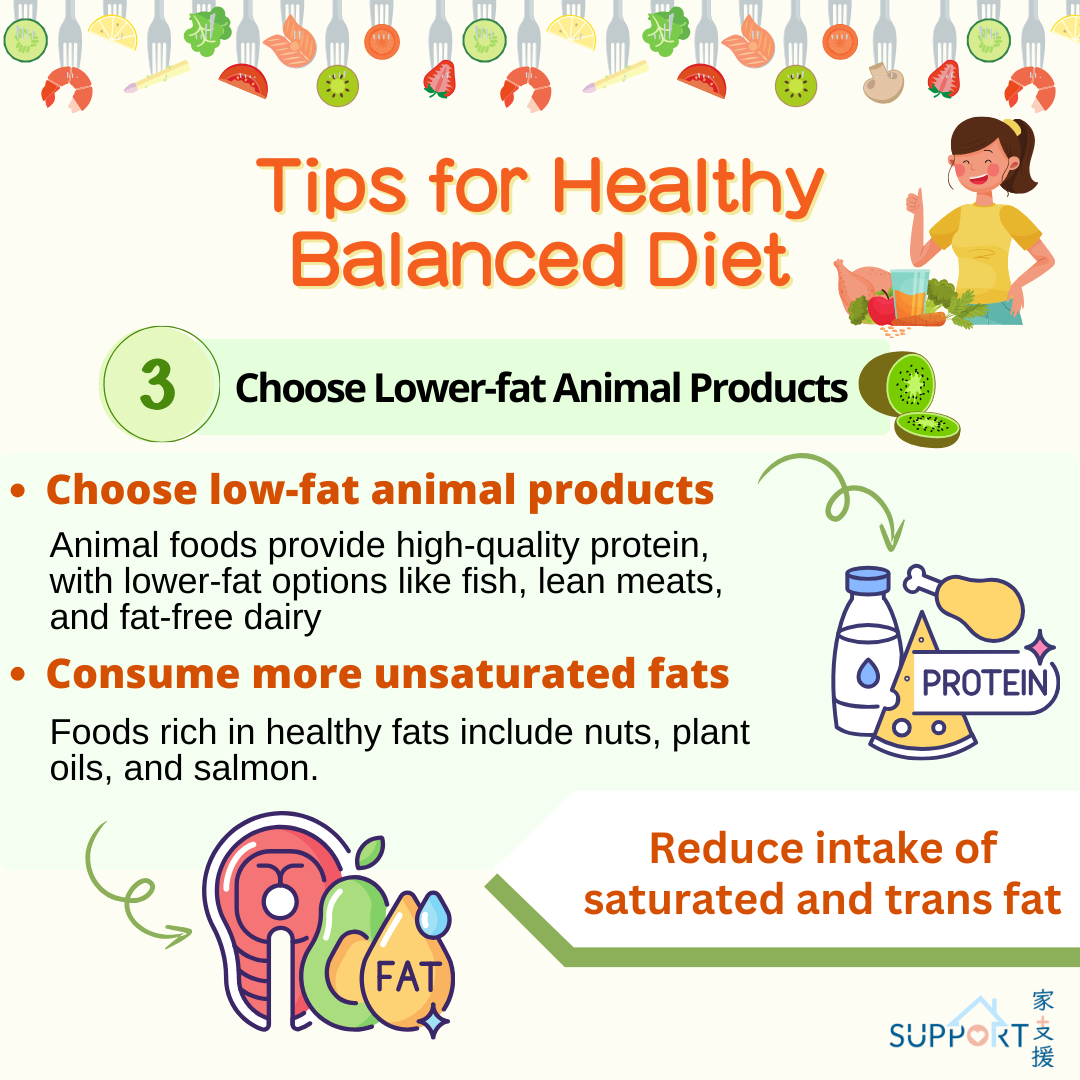
Patients may have heard about the impact of different foods on cancer and developed various food taboos, deliberately avoiding specific foods. However, many claims lack evidence supporting their effects on cancer. Unnecessary food restrictions can actually limit food choices, making it more difficult for patients to achieve a sufficient intake of various nutrients. If patients have concerns about dietary adjustments, it is recommended to consult with a doctor or registered dietitian for personalized dietary advice. They have the professional knowledge to help modify the diet appropriately and assist in fighting against cancer.
The choice and quantity of food can affect nutrient intake, and nutrient intake, in turn, affects the body's health condition. For cancer patients, a proper diet can also improve discomfort symptoms caused by the disease or its treatments. Therefore, a balanced diet is crucial for cancer patients. Patients should be mindful of their nutrient intake and follow the advice from their doctor or registered dietitian to ensure that their bodies receive the best support from food.
Prepared by Mr. Leung David Chung Wai (Food & Nutritional Science student, HKU)
Reviewed by Dr. Daphne Wu (Food & Nutritional Science, HKU)





